Publications
Articles, publications, books, tools and multimedia features from the U.S. Institute of Peace provide the latest news, analysis, research findings, practitioner guides and reports, all related to the conflict zones and issues that are at the center of the Institute’s work to prevent and reduce violent conflict.
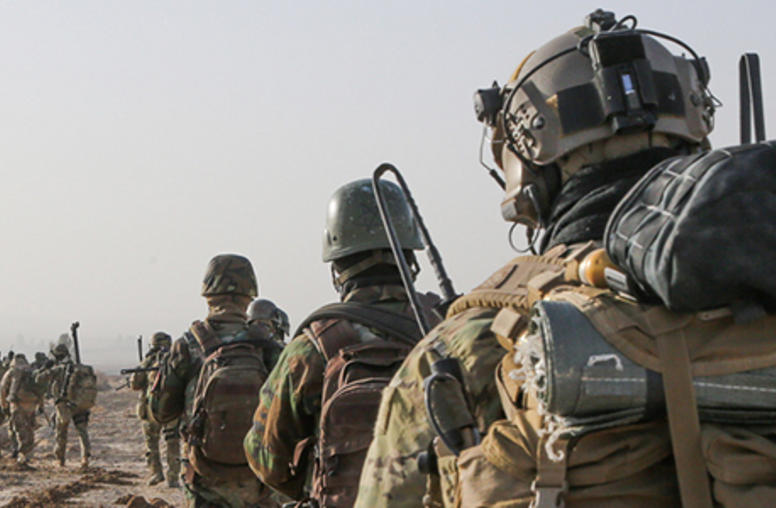
America the Gentle Giant
Vladimir Putin's cynical efforts to annex Crimea and intimidate the fledgling government of Ukraine make it all too clear that naked aggression in world affairs is not a thing of the past. The United States and its allies must respond firmly when such aggression occurs. But there are other perhaps less dramatic instances of resorting to force of arms. These include unresolved disputes between states -- or ethnic, tribal, and religious disputes within states -- that degenerate into armed confl...
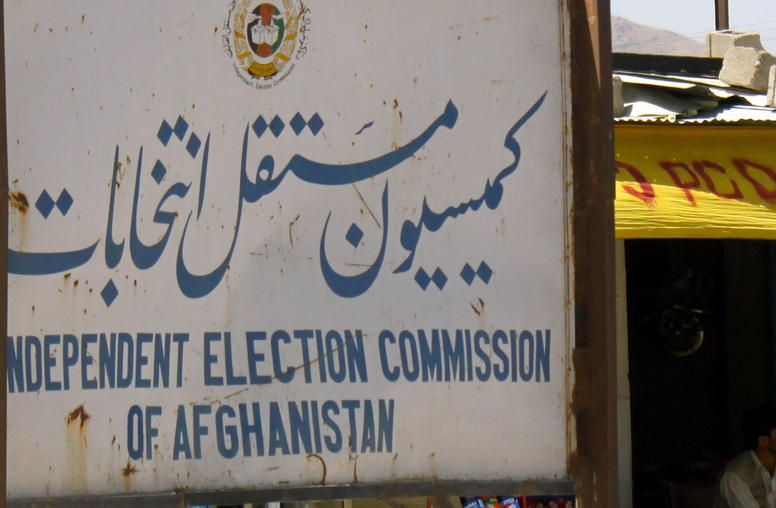
Q&A: Afghan Elections
On April 5 Aghanistan will hold presidential and provincial council elections and they mark an important point in history for the country. USIP’s Scott Smith provides a background on the elections.
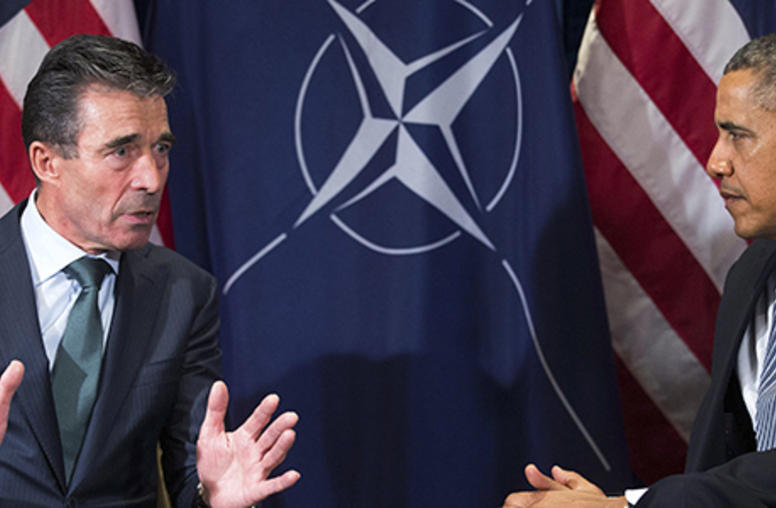
When Sanctions Aren't Enough
It should be clear now that the West has a Russian security problem. Twice in the last six years, the Kremlin has seized territory in a neighboring country on the grounds of protecting minorities or ethnic Russians and Russian speakers. In each instance, the rejoinder from the West proved to be inadequate. Now, this threat demands a broad response that goes beyond the steps taken to date, that will deter the Kremlin from further aggression.
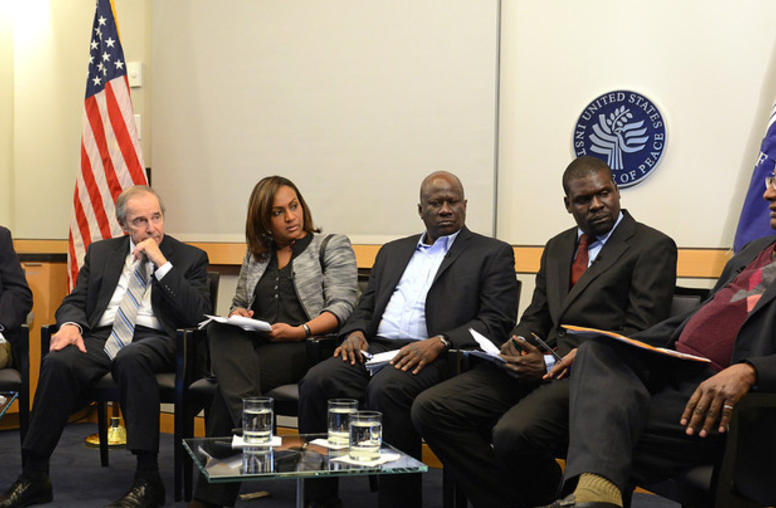
USIP Examines Sudan National Dialogue in Online Discussion
Several Sudanese experts joined Institute specialists for a wide-ranging, online-only discussion of prospects for launching a national dialogue in Sudan that could provide the basis for new, political arrangements, possibly including a new constitution and renewed efforts to peacefully address the country’s violent, internal political conflicts.
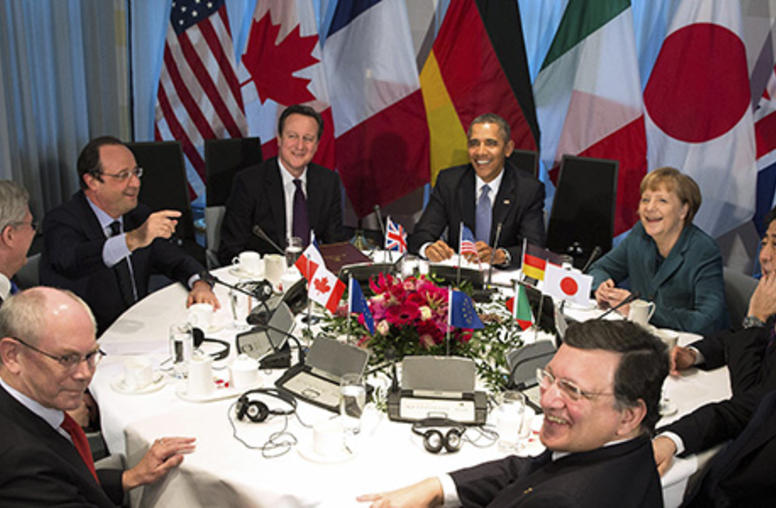
The Big Chill
The sanctions that were placed on Bank Rossiya on Friday, March 21, have sent shock waves through Russian business and financial circles. In the intervening days, hundreds of thousands of Russians have lost access to Visa and MasterCard services. Russian oligarchs have stopped boasting that they are on the U.S. blacklist as international bankers and have begun to shy away from their businesses -- and their access to credit dried up while their stock prices tumbled. Russian owners of mining, m...
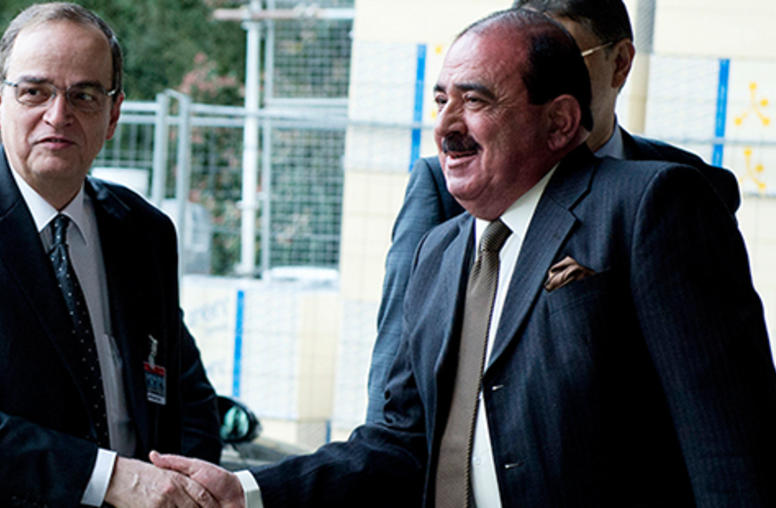
Syrian Opposition Cites Reforms, Fight Against Terrorism in Pitching U.S. Aid
The Syrian opposition is seeking to persuade the Obama administration that it has made progress in reorganizing and unifying its political structure and clearing its military ranks of extremist fighters and now deserves more intensive American assistance.
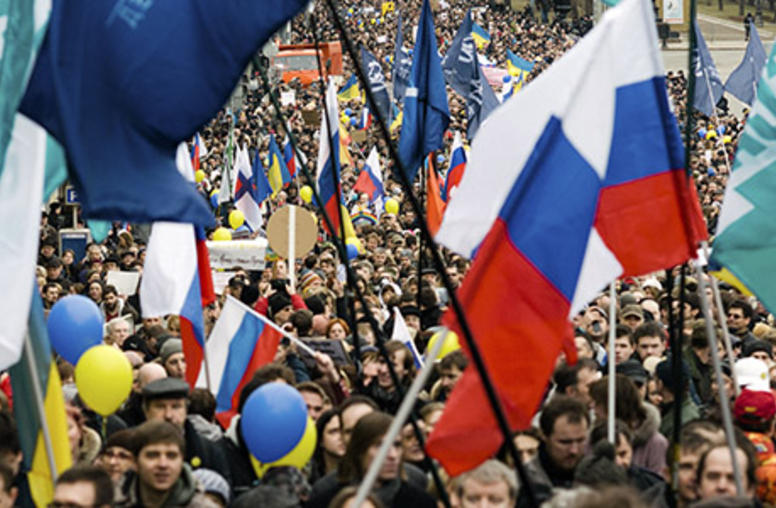
Can a Source of Conflict Be Turned Into a Unifier Instead?
One of the first things the Ukrainian parliament did after the ouster of President Viktor Yanukovych last month was to repeal a law that allowed regional authorities to adopt Russian as a second official language after Ukrainian. The acting president understood the potential of the repeal to inflame tensions and vetoed the measure, but the moves highlight a larger question: what is the precise role of language in ethnic and national conflicts? Is language a driver of conflict, or is that merely a symptom of political and economic grievances?
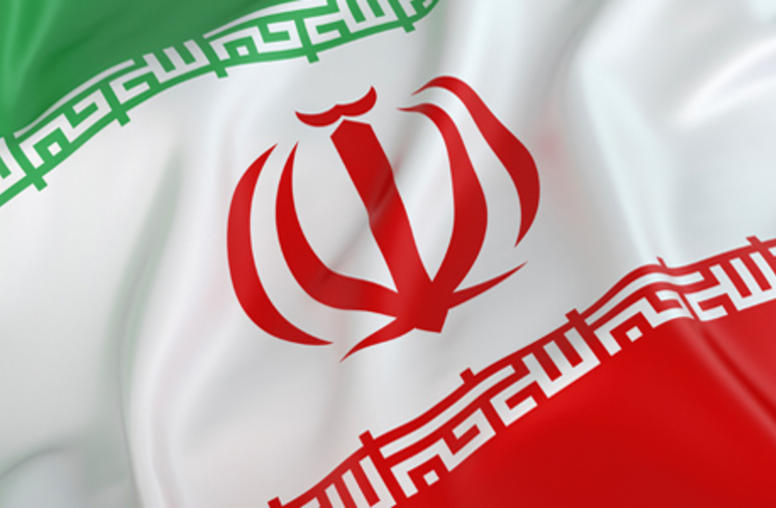
From Détente to Meltdown
As "self-defense forces" storm Ukrainian bases in Crimea and Russian President Vladimir Putin embraces the peninsula's return to the Russian Motherland, Moscow's adventurism is creating a dangerous ripple effect far beyond the cold shores of Crimea. With Russia, the United States, and Europe dancing around the abyss of a new Cold War, Moscow's cooperation in resolving other international disputes will be severely tested. The first casualty of the Crimea debacle could be the ongoing efforts of...
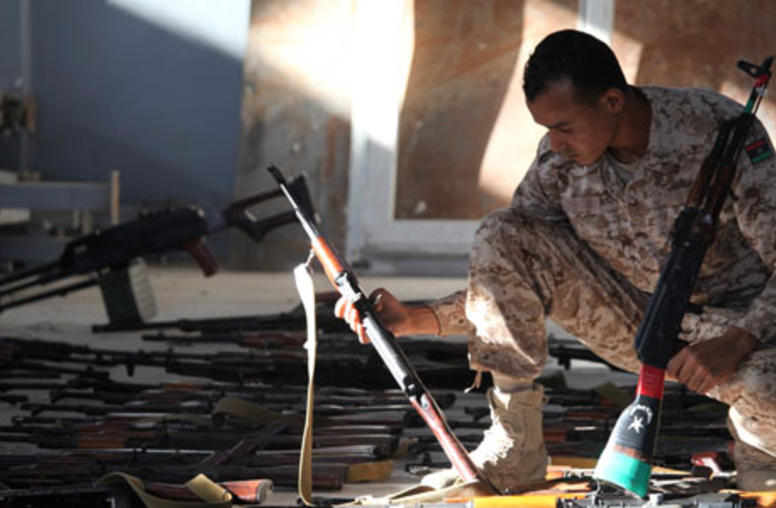
Libya’s Criminal Economy of Arms, Drugs, People Shakes Prospects for Transition
"What are black markets? They are people's markets." The declaration by then-Libyan leader Moammar Gadhafi illustrates one of the many reasons it will be difficult to end Libya's illicit trade in drugs, weapons and people. In a new USIP report, Mark Shaw and Fiona Mangan use more than 200 interviews with Libyan smugglers, detainees, port managers, security officials and others to map trafficking in the region and explain how it hurts the transition to democracy.
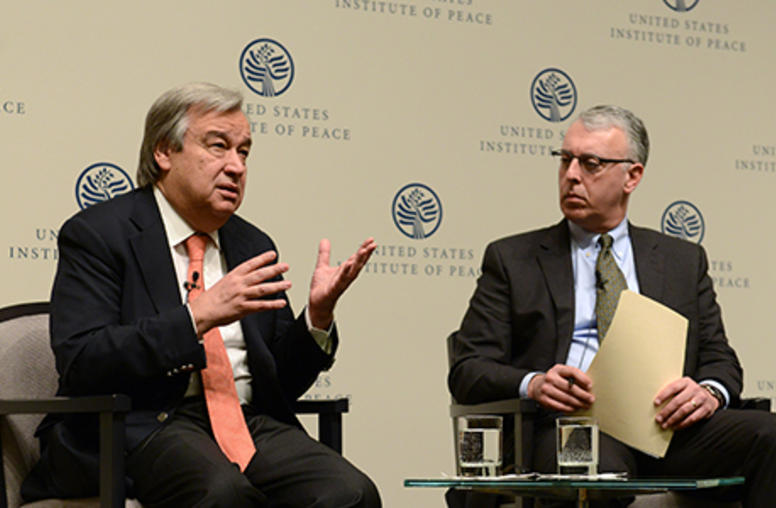
U.N. Refugees Chief Guterres Urges Support for Fleeing Syrians
Calling the Syrian civil war and its spillover into neighboring countries “probably the worst humanitarian crisis in the world since the Rwandan genocide,” António Guterres, the United Nations High Commissioner for Refugees, used a March 12 appearance at the Institute to appeal for greater international support for Syrians who’ve fled their homes because of the conflict and for the neighboring countries that are taking in millions of them.